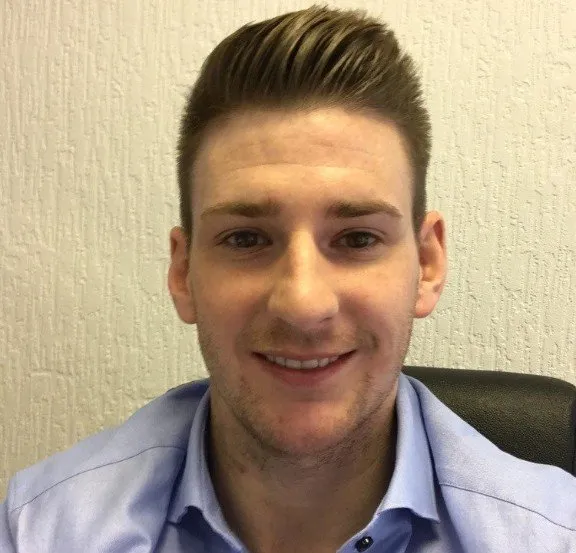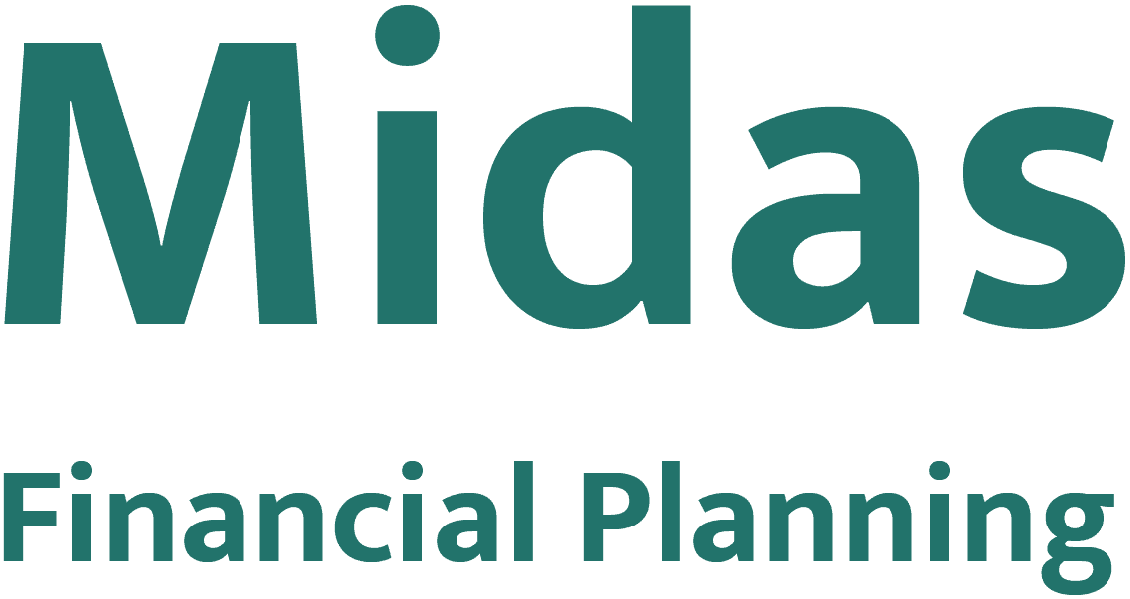First Time Buyers
- Access to competitive rates and some you can't get direct
- Specialist Advisers
- We work with variety of providers
What's On This Page?
Get In Touch
Home » First Time Buyers

First Time Buyer Mortgage
Charlie explains everything we need to know about First Time Buyer mortgages.
What is a First Time Buyer mortgage?
A First Time Buyer is someone who is purchasing a property for the first time, and they will need a mortgage to fund the purchase.
What are the typical requirements to apply for a mortgage as a First Time Buyer?
You would need a deposit of at least 5%, and need to be in receipt of income – whether this is employed or self-employed income. You would also need to be over the age of 18.
What is the maximum amount that can be borrowed for a mortgage as a First Time Buyer?
There’s no cap on what you can borrow, but you can’t borrow more than the property is worth. Lenders tend to cap at a multiple of income which can vary from lender to lender.
What’s the minimum deposit required for a First Time Buyer?
The minimum deposit is typically 5%, but there are some schemes available which may require 0% – such as Skipton’s Track Record product where no deposit is required. But there are certain criteria you have to meet, including a track record of paying rent at the same level as the monthly mortgage payment.
There are also schemes such as a family assisted mortgage and guarantor mortgages which require no deposit. If you want to find out more about these, don’t hesitate to contact us and we can let you know what current schemes are available.
What are the types of interest rates available on a mortgage for a First Time Buyer?
Interest rates are typically staircased by Loan to Value. For example, you will have interest rates at 95% Loan to Value, at 90% and 85% and so on. Then you have products which have arrangement fees – these are normally cheaper than products without fees.
What are the pros and cons of fixed versus variable interest rate mortgages for First Time Buyers?
The main pro of fixing into an interest rate is that you know what you’re going to be paying for X amount of years. You’ve got the security that this won’t change. You’re able to budget accordingly for that particular fixed deal.
The cons of fixing are the exit fees. And, if interest rates were to drop within that fixed deal, you may miss out on a more favourable rate and have exit fees to pay if you were to redeem that mortgage.
The pros of a variable rate are that if the base rate or the bank’s standard variable rate were to drop, your monthly payment would come down as well. Another pro with a variable rate is there should be very small or no exit fees. So if interest rates were to drop and you wanted to jump in and secure a longer term fixed rate, you’d be able to leave your current deal with very little cost.
On the negative side with a variable rate, if interest rates are to rise like they have done over the last 18 months, your interest rate and monthly payment would increase [podcast recorded in December 2023].
Speak To an Expert
What government schemes are available to help First Time Buyers?
There are currently not many schemes available, but the shared ownership scheme can be a good option. This is where you purchase a percentage of the property and rent the remainder from a housing association.
These are a good way for a First Time Buyer to get on the property ladder, as you can typically purchase with a smaller deposit. There is also the Help to Buy equity scheme – this isn’t currently available, however.
What documents do I need to get preapproved for a mortgage as a First Time Buyer?
Most lenders are going to want to see your last three payslips and last three months’ bank statements to reflect salary and bills.
If you’re self-employed, they’re going to want to see the last two years’ tax calculations and tax overviews as well as your accounts. You’re also going to need evidence of your deposit. If this is savings, that could be the last three months’ bank statements.
Identification is also a must. A valid passport or driving licence will need to be provided to the mortgage lender and solicitor.
What are the steps to follow when applying for a mortgage as a First Time Buyer?
Please try and see a mortgage broker first. Have your initial consultation with a mortgage broker and we can give you an indication of your maximum potential borrowings. We will explain what you’re likely to be paying per month and tailor the mortgage to meet your requirements.
After your initial consultation, I would recommend getting a Decision in Principle. This is effectively a soft credit check on you, based on the information and documents you provide to your broker. It typically lasts for around three months.
Once you have a Decision in Principle, it’s now up to you to find a property and have an offer accepted. Then, get back in touch with your mortgage broker and we can guide you through the full mortgage application as well as liaising with the estate agents for you.
The agent will want proof of deposit, ID and the decision in principle. So, if your broker already has all this they can simply pass it on to the agent. Just to break this down into four steps, step one is the mortgage consultation, step two is decision in principle, step three is property negotiations and step 4 is the full mortgage application.
What are the common mistakes to avoid when applying for a mortgage as a First Time Buyer?
I would always recommend seeing a broker before you start property viewings. A lot of people do the property research and have an offer accepted before a decision in principle.
What happens if I miss a mortgage payment on a mortgage as a First Time Buyer?
Contact your mortgage lender as soon as possible. The government has introduced the ‘Mortgage Charter’ to help anyone who is struggling with the increased cost of their mortgage over the short term.
If you don’t think you can keep up with your repayments, your lender may be able to offer a temporary mortgage payment holiday, where your repayments are paused for a set period. This will result in you paying more interest in the long run.
You might also be offered a temporary switch to interest-only payments. Here, you will just pay the interest on your mortgage without repaying the loan itself. Or, you could extend the mortgage term to reduce the monthly repayments. You may be able to stretch your mortgage term out from 25 years to 30 years, for example.
Can I qualify for a mortgage as a First Time Buyer with bad credit?
Yes, absolutely, you can still get a mortgage as a First Time Buyer with bad credit. It may just mean we have a restricted lender choice or we need to use a specialist lender.
How can a mortgage broker help me with my First Time Buyer mortgage application?
It’s really important to use a mortgage broker as a First Time Buyer. We can guide you through the process from start to finish and answer any questions you are unsure about.
We take away the stress and liaise with the solicitors for you and act as the middle person. We can also make sure you have a mortgage product that suits you and also assist with the other areas like mortgage protection, buildings insurance and even make solicitor recommendations if you need them.
Please note: Your home may be repossessed if you do not keep up with your mortgage repayments.
